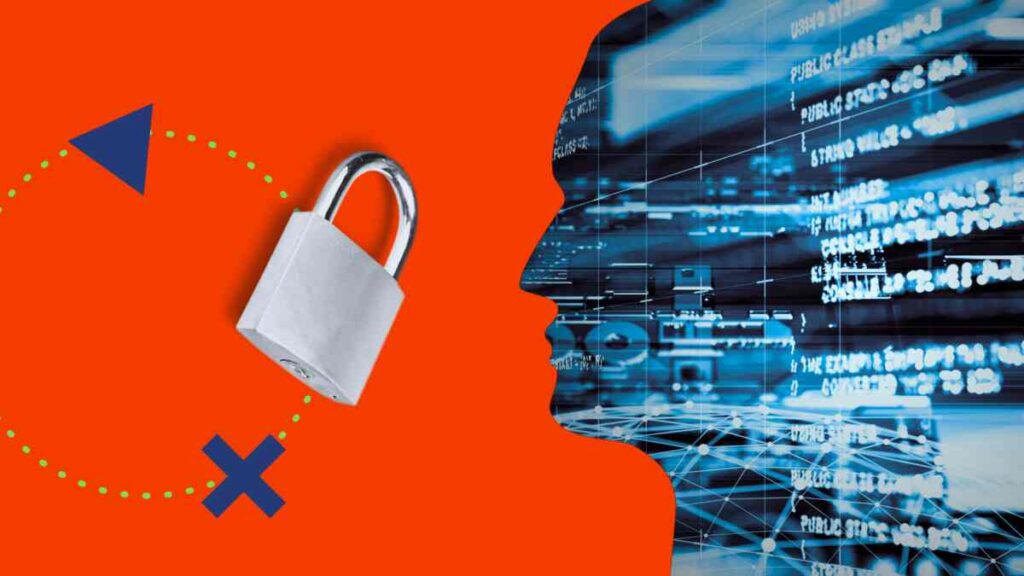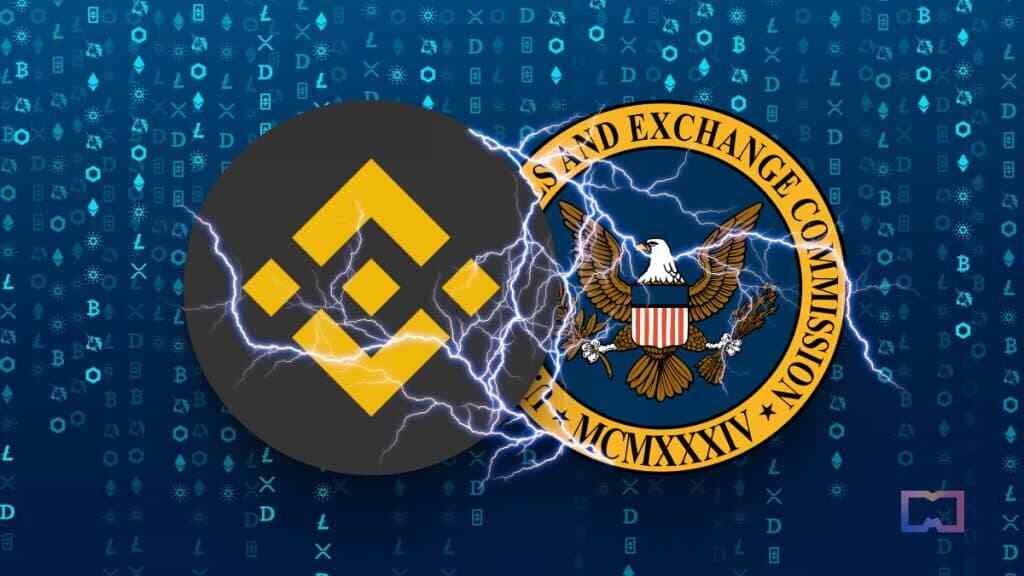Blockchain Compliance Requirements Navigating the Landscape
Blockchain Compliance Requirements: Navigating the Regulatory Landscape

Blockchain Compliance Requirements: Blockchain compliance continues to gain traction across various industries, and regulatory compliance has emerged as a critical area of focus. Blockchain compliance involves adhering to the legal and regulatory frameworks established by governments and regulatory bodies to ensure that blockchain applications and transactions are lawful and transparent. This article explores the key compliance requirements for blockchain technology, providing a comprehensive guide for developers, businesses, and stakeholders.
Understanding Blockchain Compliance
What is Blockchain Compliance? Implementing Blockchain Compliance Requirements:
Blockchain compliance refers to the process of ensuring that blockchain-based activities and transactions comply with applicable laws, regulations, and industry standards. Blockchain Compliance Requirements this encompasses a range of requirements, including anti-money laundering (AML), know your customer (KYC), data privacy, and financial regulations.
Key Regulatory Bodies and Frameworks
Several regulatory bodies and frameworks govern blockchain compliance globally:
- Financial Action Task Force (FATF): Sets international standards for AML and KYC.
- General Data Protection Regulation (GDPR): Governs data privacy and protection in the European Union.
- The United States’ securities: Markets are governed by the Securities and Exchange Commission (SEC).
- Office of Foreign Assets Control (OFAC): Enforces economic and trade sanctions in the United States.
Core Blockchain Compliance Requirements Compliance Requirements:

Anti-Money Laundering (AML) and Know Your Customer (KYC)
AML Requirements Implementing Blockchain Compliance Requirements:
AML regulations aim to prevent money laundering and financing of terrorism. Key AML requirements for blockchain include:
- Transaction monitoring: The ongoing observation of transactions in order to identify any questionable behavior.
- Reporting Obligations: Reporting large and suspicious transactions to relevant authorities.
- Record Keeping: Maintaining detailed records of transactions and customer interactions.
KYC Requirements Blockchain Compliance Requirements:
KYC regulations require businesses to verify the identity of their customers to prevent illegal activities.
- Customer Identification: Collecting and verifying customer identification information.
- Customer Due Diligence (CDD): Assessing the risk level of customers and conducting enhanced due diligence for high-risk customers.
- Ongoing Monitoring: Regularly update customer information and monitor for changes in risk profiles.
Data Privacy and Protection Implementing Blockchain Compliance Requirements:
GDPR Compliance
The GDPR sets stringent data privacy and protection standards for companies operating in the European Union.
- Data minimization refers to gathering only the information required to fulfill the stated goal.
Consent: Getting people’s express consent before gathering and using their data. - Right to be Forgotten: Ensuring that individuals can request the deletion of their data from the blockchain.
- Data Security: Implementing robust security measures to protect personal data.
Blockchain Compliance Requirements: Securities Regulations

SEC Compliance Implementing Blockchain Compliance Requirements:
In the United States, the SEC regulates the issuance and trading of securities, including digital assets that qualify as securities.
- Registration: Registering digital assets that are deemed securities with the SEC.
- Disclosure: Providing transparent and accurate information to investors.
- Compliance with Trading Regulations: Adhering to regulations governing the trading of securities, including anti-fraud provisions.
Tax Compliance Blockchain Compliance Requirements:
Blockchain transactions, including cryptocurrencies, are subject to tax regulations. Key tax compliance requirements for blockchain include:
- Reporting Income: Reporting income from blockchain transactions, including mining and trading, to tax authorities.
- Capital Gains Tax: Calculating and paying capital gains tax on profits from the sale of digital assets.
- Record Keeping: Maintaining detailed records of all blockchain transactions for tax reporting purposes.
Implementing Blockchain Compliance Requirements:

Compliance Strategies for Blockchain Projects
Legal Consultation Implementing Blockchain Compliance Requirements:
Engaging with legal experts who specialize in blockchain and cryptocurrency can help ensure that your project complies with relevant regulations. Legal consultation can provide guidance on navigating complex regulatory landscapes and avoiding legal pitfalls.
Compliance Frameworks Blockchain Compliance Requirements:
Implementing comprehensive compliance frameworks tailored to your blockchain project can help manage compliance risks. This includes developing policies and procedures for AML, KYC, data privacy, and other regulatory requirements.
Technology Solutions Blockchain Compliance Requirements:
Leveraging technology solutions, such as compliance software and blockchain analytics tools, can streamline compliance processes. These solutions can assist with transaction monitoring, identity verification, and regulatory reporting.
Best Practices for Blockchain Compliance:
- Stay Informed: Keep up-to-date with the latest regulatory developments and changes in compliance requirements.
- Risk Assessment: Conduct regular risk assessments to identify and mitigate potential compliance risks.
- Training and Education: Provide training and education to employees on compliance requirements and best practices.
- Continuous Improvement: Continuously review and improve compliance processes to ensure ongoing adherence to regulations.
Conclusion
Blockchain compliance is a critical aspect of developing and operating blockchain-based applications. By understanding and implementing key compliance requirements, businesses and developers can ensure that their blockchain projects are lawful, secure, and transparent. Staying informed about regulatory developments and adopting best practices will help navigate the evolving regulatory landscape effectively.
Check This List: The future of Blockchain Technology




